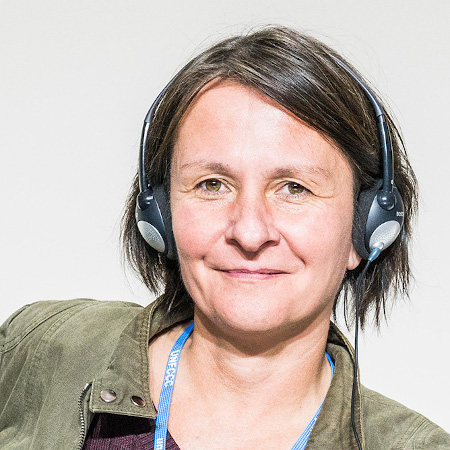Climate-smart management of European forests
An international research project is developing sustainable forestry concepts for Mediterranean, continental, alpine and boreal forests.

42% of Europe's land area is covered by forests. However, many forests, especially woodlands, are not in good condition, and climate change is exacerbating existing problems. Yet forests, as CO2 sinks, are important allies in the fight against the climate crisis. The interdisciplinary research project ONEforest is therefore developing management concepts for the most important European forest types that meet the challenges of climate change. The collaborative project is funded by the European Union as part of the Horizon 2020 research framework program.
Combining ecology and economy
"The initial idea for the project was to preserve the value chain of our forests," explains researcher Lorenzo Brusetti of the Free University of Bolzano. This, he says, is a value that is primarily of an ecological nature, because forests bind CO2 and thus stabilize the climate. "However, the economic aspect should not be underestimated, with the entire supply chain surrounding the use of wood for a wide variety of human needs, as well as the overall ecosystem services provided by forests, such as the role trees play in mitigating erosion and soil instability," Brusetti emphasizes.
Testing and evaluating new approaches
The researchers are creating individualized concepts according to the biogeographical regions of Europe: for Mediterranean, continental, alpine and boreal forests. The concepts include, for example, new approaches to seeding and planting, or soil protection using wood fibers. "We will evaluate how sustainable innovative biobased compounds developed from wood waste are to be used as frost protection for seedlings in forest nurseries," Brusetti explains the example. "We also want to understand the extent to which such recycled compounds can also be used for soil fertility and soil microbial diversity and function."
Decision making aid for forestry
The project participants evaluate and revise the entire activities of forestry and the timber industry under the aspects of ecological and socio-economic sustainability. An online-based platform will later help forest managers to compare the possible management forms in simulations for their respective forests in order to select the best approach. In addition, the results of the project are to be put into practice in the respective European regions in the form of model forests.
bl


